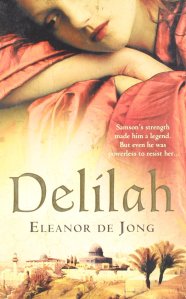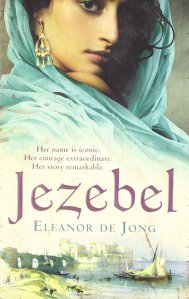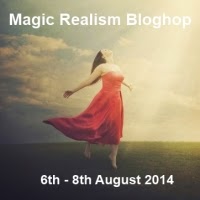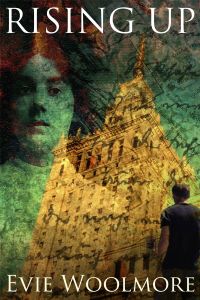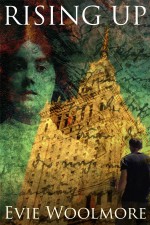This month, EJ Knight kicks off a series of crime novel reviews with a diverse selection of serial characters.
When do you finish writing a popular series? Sue Grafton appears to have made her decision from the first novel as she gently winds our way with Kinsey Millhone and the alphabet series to ‘Z’; Janet Evanovich seems destined to go on forever and may be, even now, pondering what adjective or adverb to go with infinity; while Lindsey Davies took the clever step of a spin-off from the Falco novels. I found myself pondering ‘the end’ while I was reading The Survivor by Kyle Mills. Mills has been brought in to continue the Mitch Rapp series after Vince Flynn’s death. And, he almost pulls it off. The Survivor picks up immediately from where The Last Man finished and the race to find top secret material before it is posted on the internet. The action, as one would expect from the series, is unrelenting and the story, although predictable, is exactly what one reads this type of book for. But, for me, the characters were just not quite right – too introspective whilst, at the same time, being too flat. I’d completed the book before realising that Flynn had died and Mills was taking on the series and, as I read the last page, I wondered if it had been a book too far in the series. There is only one Mitch Rapp; and there was only one Vince Flynn to give him the right voice.
So as one series hits the ‘do not buy again’ list, I’ve discovered two new series this month which I would definitely read again, one which I’ll consider, and one which I may have caught as it finishes. Cover Shot by LynDee Walker is the fifth in the series featuring Nichelle Clarke, a journalist in a local newspaper who, in the pursuit of the full story, finds herself investigating murder, hostage-taking, and fighting for her own life. It’s the usual plot of an amateur detective but that would be to undersell what is a really well-written, well-paced and compelling story. I liked Nichelle and I wanted her to find out who had killed the doctor and why. I really did. And so what if I thought it was a little derivative of Evanovich? It was still a great read and I’ll read the earlier ones in the series now. The same is true for Rose Strickland in Diner Knock Out by Terri L. Austin. This time the main character is learning how to be a private investigator and, out of pique with her employer, takes on a case without telling him. Surprise, surprise – it turns out to be more complicated than she realised and she needs his help to solve the murder(s). As in Cover Shot, there is a criminal boyfriend whose heart is in the right place and there are side-kicks who are also colourful friends. But, again, it really works and I found myself rooting for Rose, wanting her to sort out her love life and solve the murder. And survive the threats to her life so that there would be more books in the series.
By coincidence, the fourth book in this review is also set in the US. Brother can you spare a dime by Jack Martin is set in the Depression. The main character, Henry Bierce, is an enigmatic member of the FBI, with a twist which is strongly alluded to but never quite stated clearly. I’m not going to say more because Martin introduces the hints with great subtlety and a very deliberate pace and, it would give away much of the suspense to know the twist before reading the book. In trying to identify the conspirators behind an attempt on FDR’s life, Bierce has run-ins with Bonnie and Clyde and other gangsters of the period – all of which give an interesting twist to the known stories of the time. This is the first in the series and it doesn’t quite work in places – I found some of the pacing uneven and there was sometimes too much setting up of series story-lines at the expense of successful novel resolution – but I am certainly looking forward to the next in the series and getting to know more about Henry.
And will I ever get the chance to know more about Christopher Fowler’s Bryant and May without going back to the previous 11 in the series? The Burning Man is number 12 and, given the way it ends, it has a sense of finality to suggest that Fowler has decided to call it quits. Or has he? Because the Kindle edition suggested that there may be more to come. If there are, I shall be reading them. Bryant and May may not need much introduction since they were introduced in 2003 in Full Dark House. The two members of the Peculiar Crimes Unit live and work in London and, in this novel, rush to find an arsonist and murderer before anarchy spills over from the City to the rest of London. I read this with that feeling of being the newbie to the meeting – the person who has to learn who is who and ‘why things are done this way’ but it didn’t detract too much from the clever and contemporary plot.
*****
All the books reviewed here were free from NetGalley in exchange for impartial reviews.
EJ Knight will be publishing a monthly review of crime fiction. If you would like your book to be considered, please email at allonymbooks@gmail.com. EJ Knight’s novel Broadway Murder of 1928 is available from all Amazon websites.
